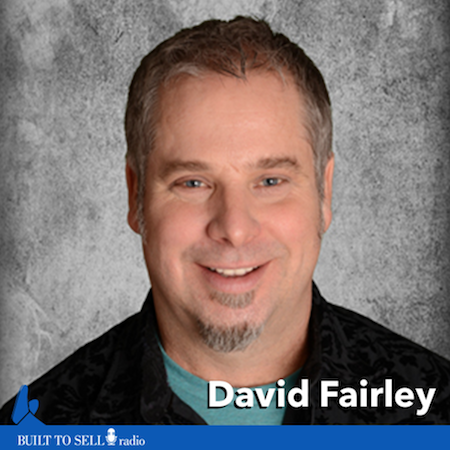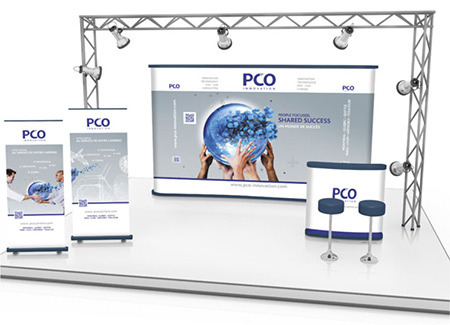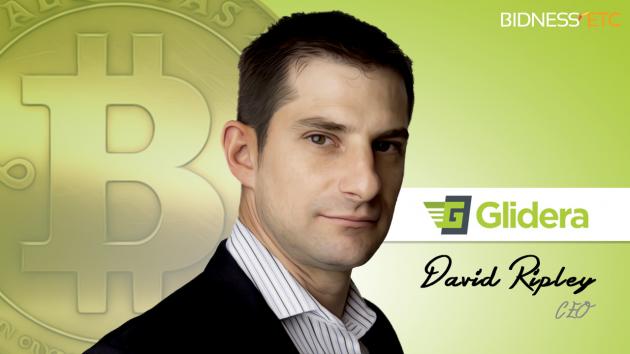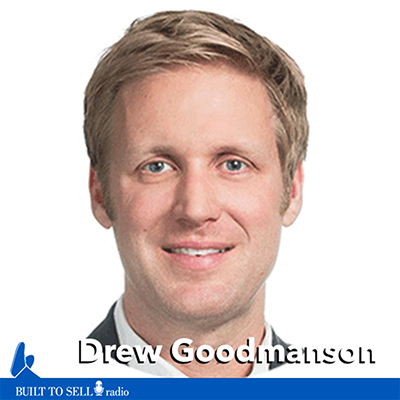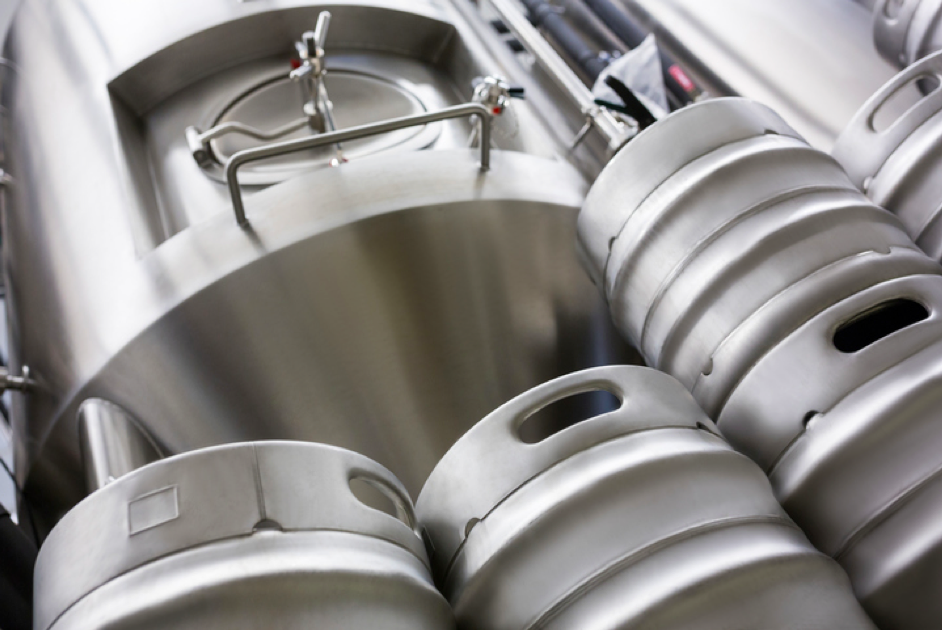David Fairley estimates he has sold more than 20 online properties, but admits it was the sale of Hammocks.com—one of his first exits—that taught him the most.
Fairley had grown Hammocks.com into a seven-figure website with a pre-tax profit of more than $300,000 when he decided to put it up for sale. He received a “low seven-figure” offer and agreed to meet with the buyer.
That’s when things started to unravel.
The buyer questioned Fairley’s bookkeeping and dropped their price to around $700,000. Exhausted, Fairley felt cornered and decided the only thing he could do was to accept the lower price.

